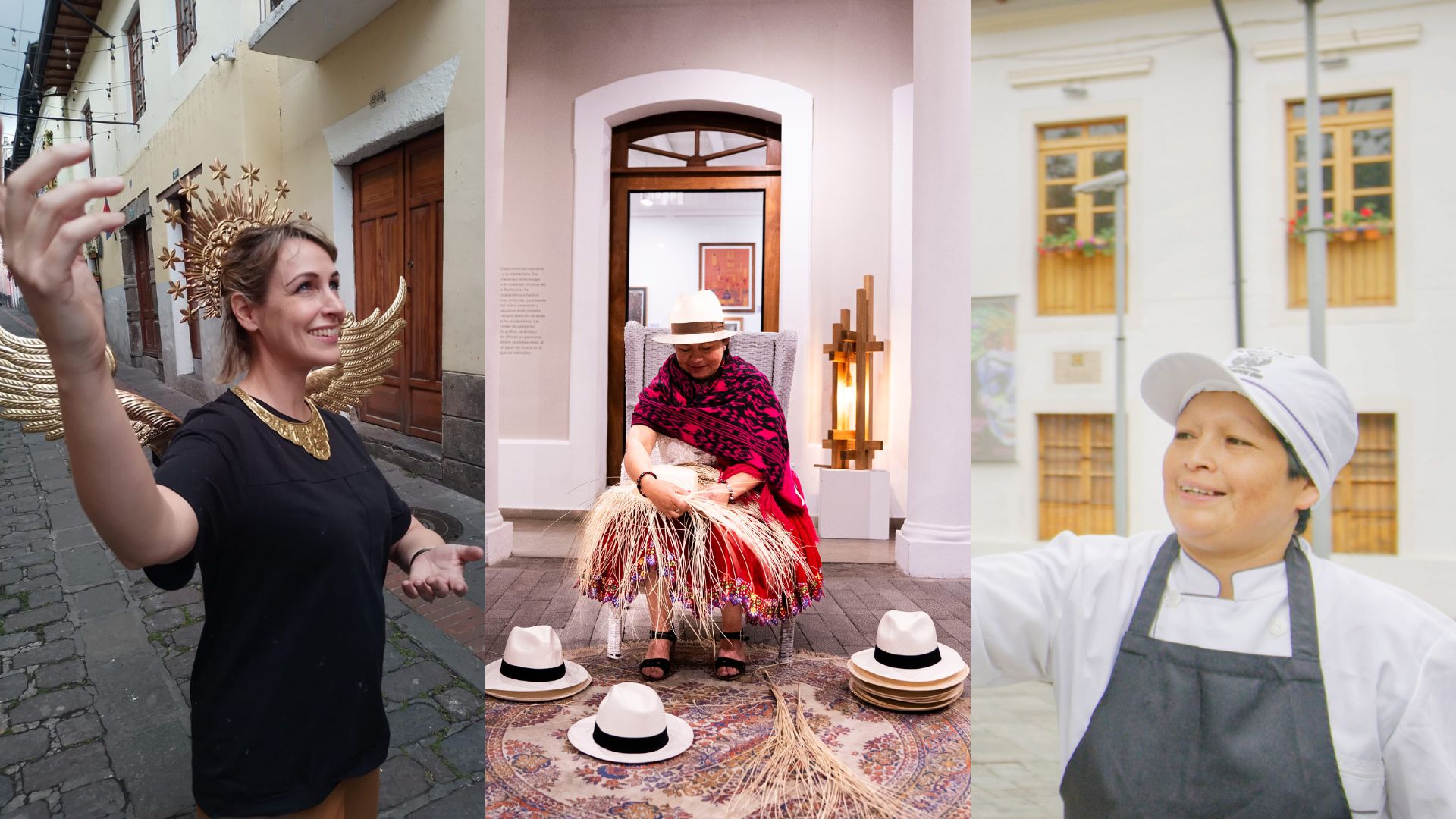
The role of women in Tourism, Ecuador and Latin Trails
The Vital Role of Women in Tourism and Latin Trails: The Pillars of Ecuador
We all know one of the most beautiful industries is tourism, one of the world’s most dynamic and impactful industries, fostering cultural exchange, economic development, and environmental awareness.
Within this global sphere, a concept we feel is undervalued or lacks to be shared is: women. Although women play a critical and multifaceted role that shape and make a destination what it is. In countries like Ecuador, where tourism is deeply entwined with natural beauty, indigenous culture, and local traditions, the contributions of women are not only essential but transformative because women are the epitome of culture, the epitome of love and traditions.
Women in Tourism: Engines of Empowerment
Globally, women make up the majority of the tourism workforce, yet the spotlight seems not to be shared as it should. From tour operators and hospitality managers to artisans and community leaders, women bring invaluable skills, perspectives, and resilience to the table. In Ecuador, women are increasingly taking leadership roles in ecotourism, guiding rural development, and championing sustainable practices.
Tourism provides a powerful platform for women’s economic independence. Through cooperatives, small businesses, and craft markets, Ecuadorian women have created income-generating opportunities that support families and preserve cultural heritage and that is because Ecuadorian women are known for their tenacity, their determination and love that makes them accomplish everything they set their minds to. In rural and indigenous communities especially, tourism has allowed women to become storytellers and custodians of tradition, sharing ancestral knowledge with visitors from around the world.
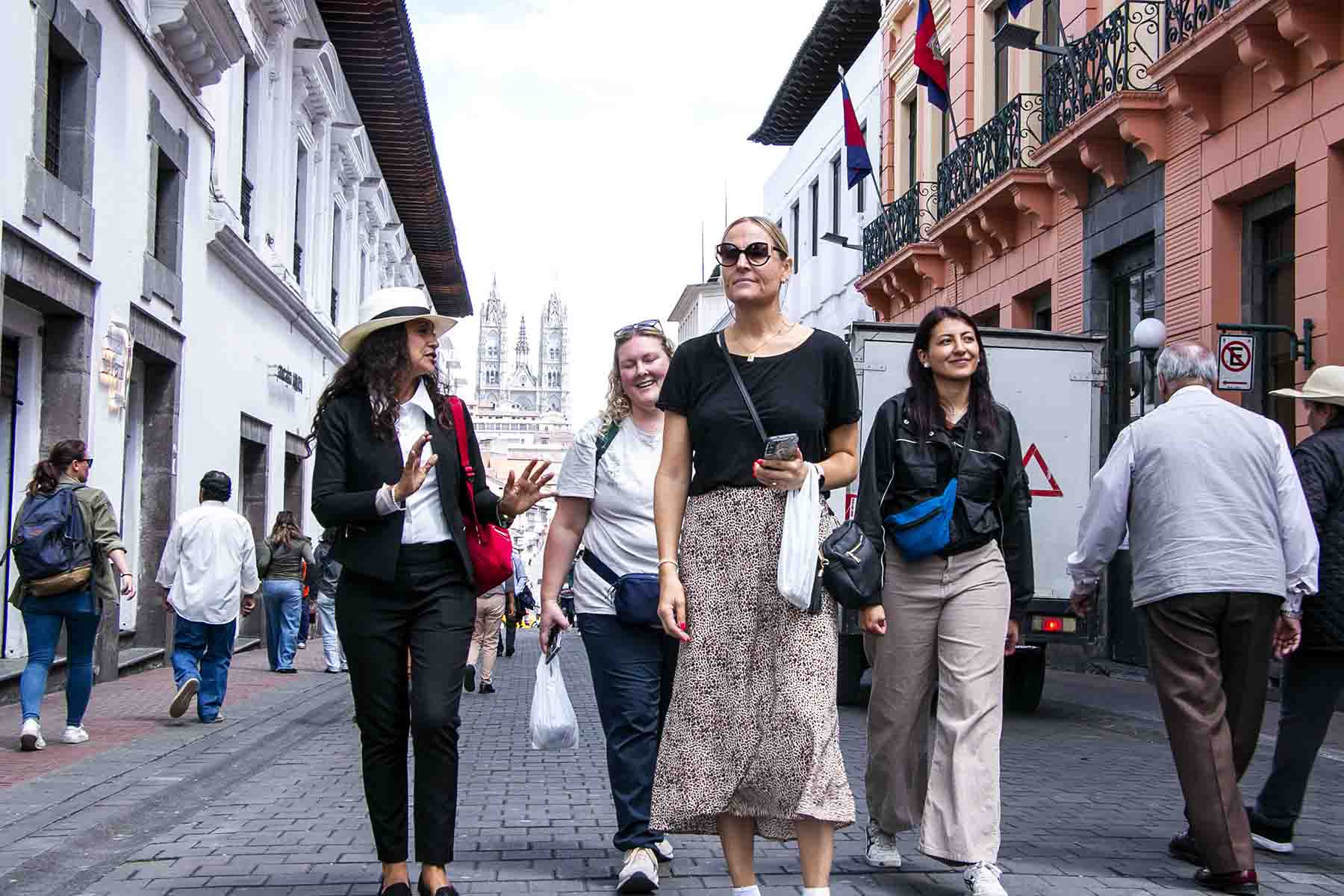
Ecuadorian Women: A Tapestry of Strength and Diversity
Ecuador’s population is a blend of mestizo, Afro-Ecuadorian, and indigenous groups, and the roles of women within each community are as diverse as the landscapes they inhabit. In urban centers like Quito and Guayaquil, women are entrepreneurs, artists, academics, and activists. In the Andean highlands and Amazonian regions, indigenous women uphold centuries-old practices in weaving, agriculture, and healing, often while engaging with tourists to educate them about their culture.
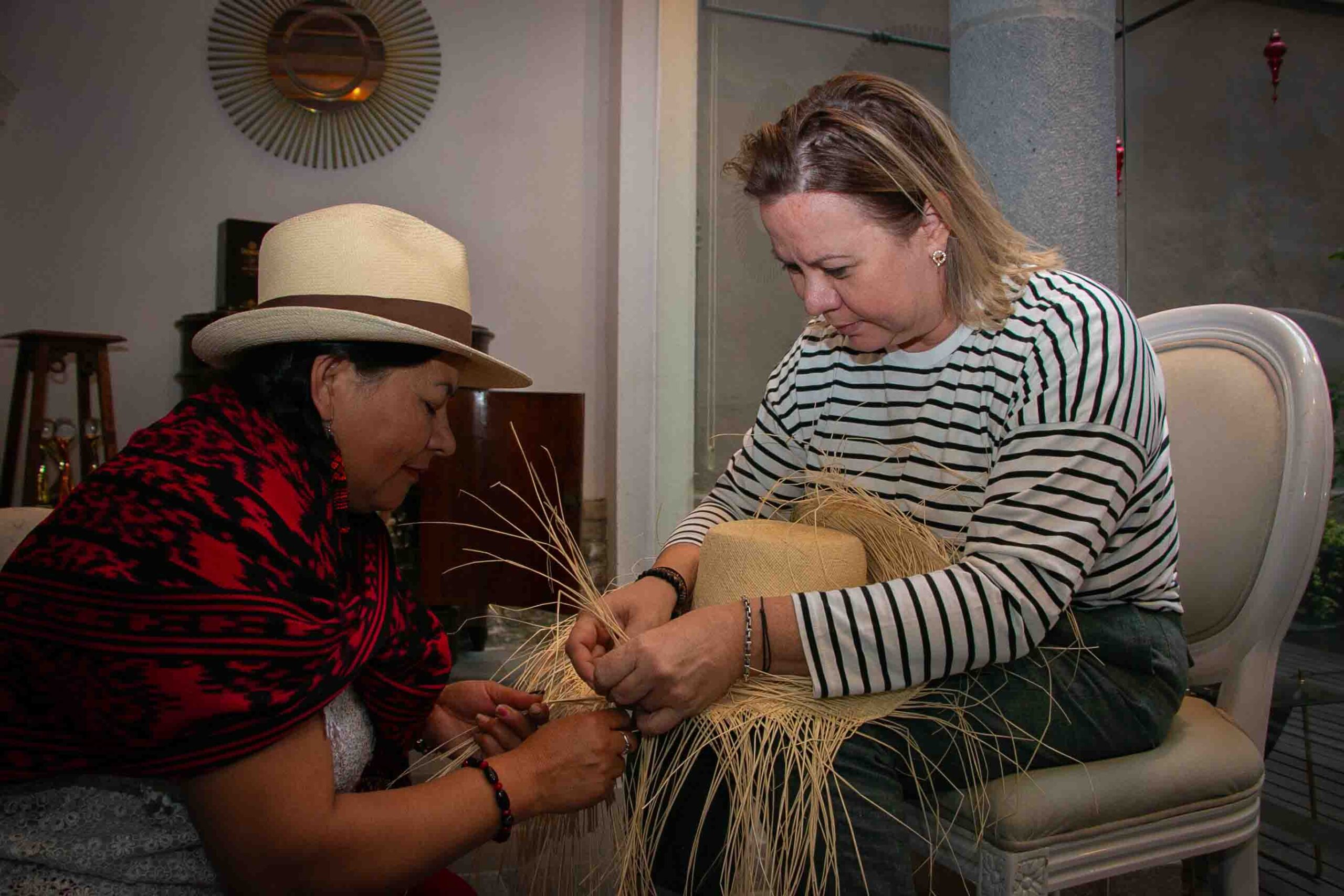
Women in Ecuador have been pivotal in social movements and environmental advocacy. Many have stood on the front lines of protests to protect the land, water, and rights of their communities. Their leadership has helped shape Ecuador’s progressive constitution, which recognizes the rights of nature and the importance of cultural preservation.
Traditions of Ecuadorian Women: Rooted in Heritage, the core of Latin Trails
Ecuadorian traditions reflect a deep respect for community, land, and spirituality. Women are often the keepers of these traditions, passing them down through generations via food, music, dance, and crafts. That is no exception to us in Latin Trails. By being a family run company, it has always been our values and a pillar of the company to cherish the women in our family; from our great grandmothers, to our grandmothers, mothers, daughters and sisters; we believe the sweetness and calmness yet strength and determination of Ecuadorian women is what make Ecuador the great and beautiful country it is. It is the women in our families the ones who carry and pass on our traditions onto generations, the talent, the passion.
In the Otavalo region, for example, indigenous women are renowned for their textile craftsmanship, producing intricate garments and goods sold in markets and to tourists.
In the Amazon, women play a central role in medicinal knowledge, using native plants to heal and teach. Their connection to the earth and holistic worldview offers a unique and invaluable insight for ecotourists seeking authentic experiences.
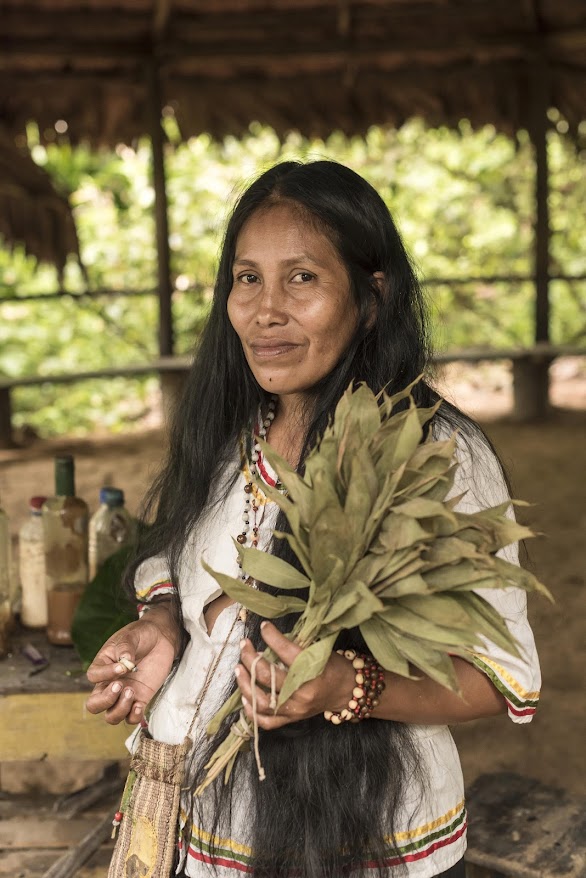
Festivals and rituals, such as Inti Raymi and the Day of the Dead, often feature women’s contributions in the form of ceremonial preparation, traditional attire, and the oral histories that accompany these sacred events. Tourism has created a space where these customs are not only preserved but celebrated on a global stage.
Looking Forward: Fostering Equality Through Tourism
Supporting women in tourism is not just a matter of gender equity; it’s a strategic investment in sustainable development and cultural and generational appreciation. In Ecuador, empowering women through tourism helps build resilient communities, protects biodiversity, and promotes inclusive growth.
By choosing community-based tourism experiences and supporting female-owned enterprises, visitors to Ecuador can become allies in this journey. In essence, the future of tourism is already unfolding with strength, beauty, and purpose.
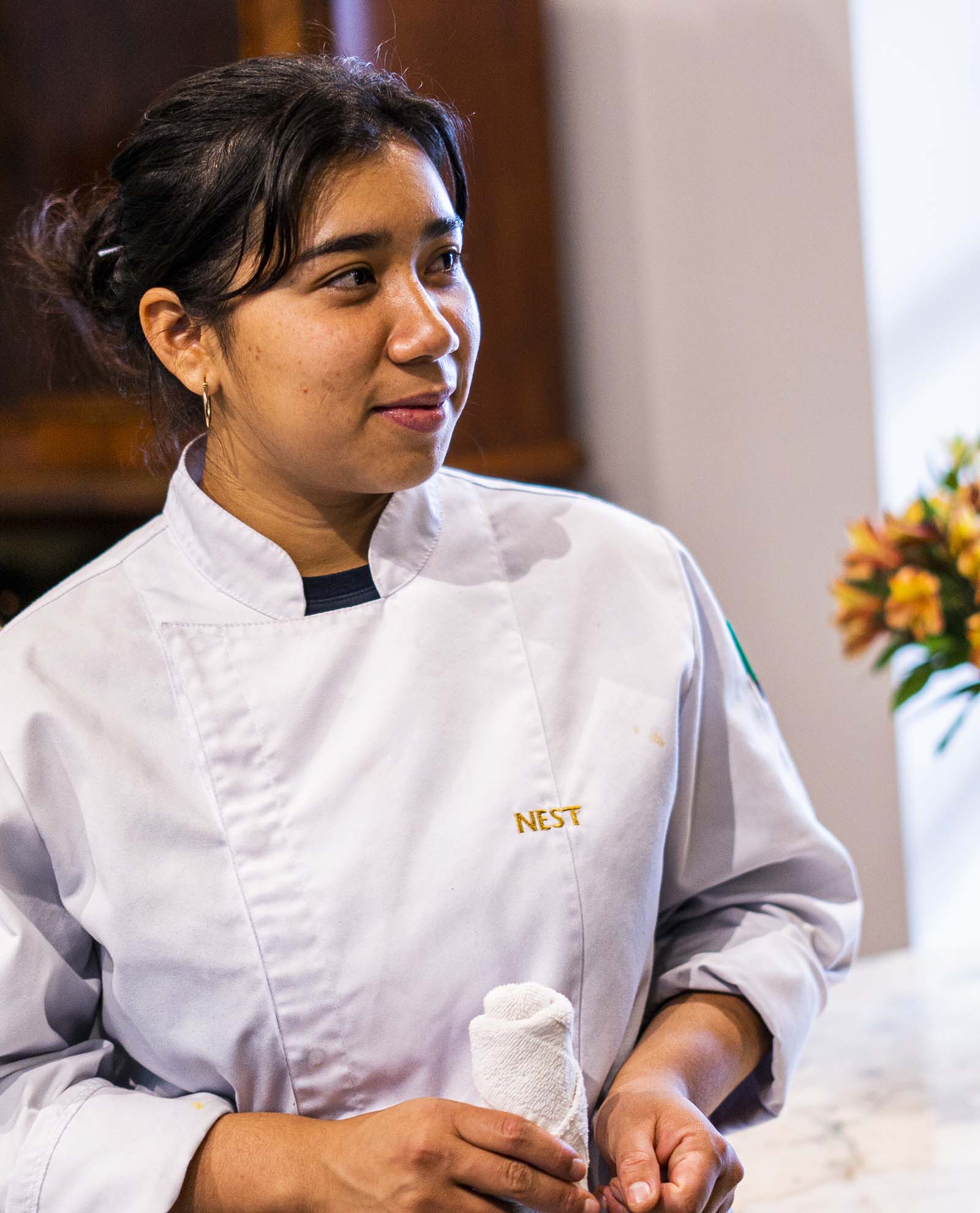
Leave a Comment